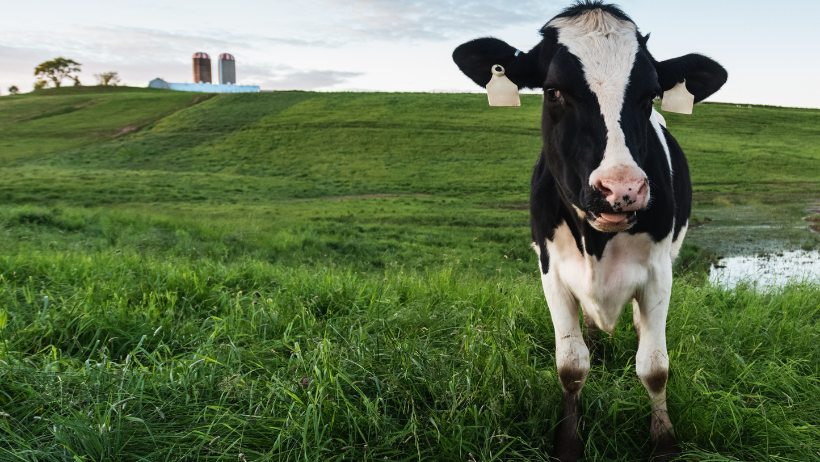Climate Change
Aotearoa committed to the international global agreement to take action on climate change under the Paris Agreement which came into force in late 2016 and took effect from 2020. Under this agreement we have committed to halving our current net greenhouse gas emissions by the year 2030. To help meet this target, our primary industry will be required to measure and manage its greenhouse gas emissions or be introduced into the Emissions Trading Scheme (ETS). Doing nothing is not an option – the Government has already decided to price agriculture emissions. As a primary industry we need to be proactive so that any scheme developed has our input and is entered into on our terms.
A Primary Sector Climate Action Partnership – He Waka Eke Noa – has been formed between the government, Iwi and primary industry to reduce agricultural emissions. This partnership is our industry’s best opportunity to design a sustainable alternative to the NZETS, for farmers and growers to report, manage and reduce their agricultural emissions.
This partnership, which is in its second year, is creating a practical framework in which agriculture, horticulture and arable farms will account for their emissions and adapt to climate change.
This includes:
- a pricing system for agricultural greenhouse gas emissions as an alternative to the ETS;
- a system for reporting on-farm emissions;
- an approach for recognising on-farm sequestration; and
- farm planning guidance and other supporting research and extension activities.
However, in order for the government to accept this framework and a suggested pricing mechanism, the partnership must meet a number of milestones. If the legislated milestones aren’t being met, the Government can bring agriculture into the ETS at the processor level before 2025. If the farm-level pricing system is not in place by 2025, agriculture will come into the ETS at the processor level.
These milestones, and the dates they must be met by, are:
31 December 2021
25% of farms must know their annual total on-farm greenhouse gas emissions – “your number”.
1 January 2022
25% of farms must have a written plan in place to measure & manage their greenhouse gas emissions.
31 December 2022
100% of farms must know their annual total on-farm greenhouse gas emissions.
31 December 2024
100% of farms must have a written plan in place to measure & manage their greenhouse gas emissions.
1 January 2025
100% of farms are using the accounting and reporting systems to report their 2024 emissions.
The partnership has defined a farm for this purpose as:
- all farms over 80ha (includes pastoral, horticultural, arable);
- all dairy farms with a milk supply number; and
- all feedlots.
This captures around 25,000 farms. It is important to note that this is not a final definition of a farm. For the purposes of pricing agricultural emissions, properties that are outside of this current definition may still be included in the scheme.
What is “your number”?
If you haven’t already, now is a good time to find out what your annual total on-farm greenhouse gas numbers are. You will have to know this information by December 2022.
There are 10 assessed greenhouse gas calculators available: Farmax, Overseer, Beef + Lamb NZ GHG Calculator, Fonterra/AIM, Hort NZ, Foundation for Arable Research, Ministry for the Environment (MfE), Alltech, E2M and Toitū. These systems all vary in complexity & level of detail, and which one you use will depend on what part of the industry you are in.
These models require data to be entered relating to livestock numbers and movements, fertiliser use, cropping practices and vegetation areas able to be offset to mitigate your greenhouse gas outputs. This may seem overwhelming but you are surrounded by an advisory team that can help you: Dairy NZ, Beef + Lamb NZ, Horticulture NZ, FAR, your bankers, consultants and accountants.
It is essential that the He Waka Eke Noa partnership is successful in ensuring NZ farming isn’t forced into the ETS at a processor level. Being able to account for your emission mitigations at a farm level will help to reduce the cost to your farm business. He Waka Eke Noa is also recommending that revenue generated from greenhouse gas pricing is recycled back into research and development in the agricultural sector which will further help to reduce emissions.
We are here to help you work out the requirements you need to meet. Call us at any time.



